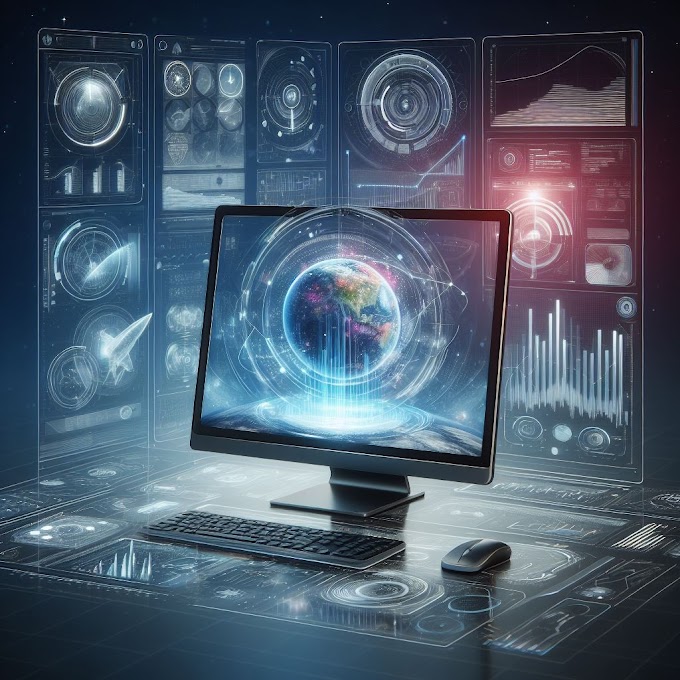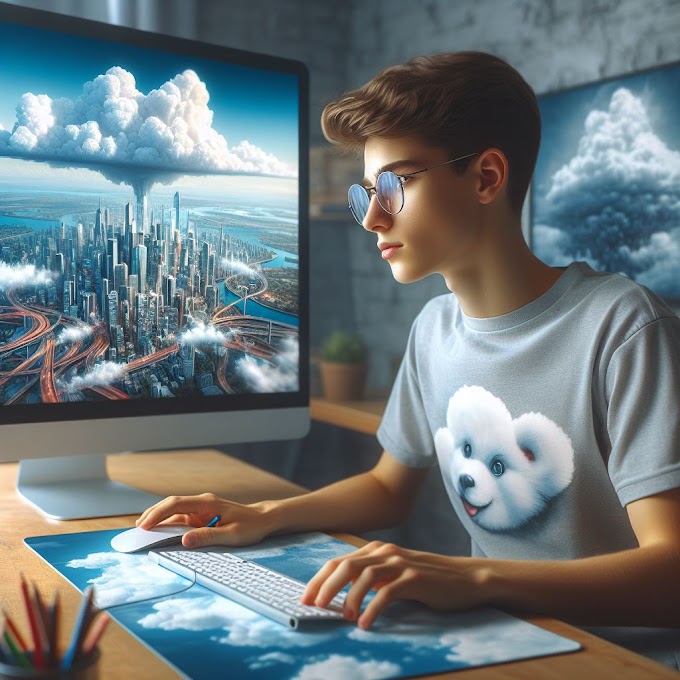In the digital age, where technology intertwines with every aspect of our lives, it was only a matter of time before artificial intelligence (AI) delved into the realm of subjective judgment. One of the most intriguing developments in this field is the emergence of AI algorithms claiming to assess human attractiveness. But how reliable are these assessments? And what does it mean for our understanding of beauty and self-perception? Let's delve into the intricacies of this phenomenon to explore the fascinating question: How attractive am I artificial intelligence?
The concept of attractiveness has always been a complex interplay of cultural norms, personal preferences, and evolutionary instincts. It's a spectrum that varies widely from one individual to another, making it notoriously difficult to quantify. Yet, in recent years, AI has attempted to do just that. By analyzing facial features, body proportions, and other physical attributes, algorithms claim to assign a numerical value to one's attractiveness. However, the accuracy and implications of such assessments remain hotly debated.
On the surface, the idea of AI determining attractiveness might seem innocuous, even fun. After all, who hasn't been curious about how they stack up on the beauty scale? But beneath the surface lies a Pandora's box of ethical, psychological, and societal implications. For starters, there's the question of bias. AI algorithms are only as objective as the data they're trained on, and if that data reflects societal biases regarding race, gender, or other factors, the results can be skewed.
Moreover, reducing attractiveness to a mere number oversimplifies a deeply nuanced aspect of human experience. Beauty is not solely about physical appearance; it encompasses charisma, confidence, and personality. By focusing solely on outward features, AI runs the risk of overlooking these crucial elements, painting an incomplete picture of attractiveness.
Then there's the psychological impact on individuals. Receiving a low attractiveness score from an AI algorithm could potentially damage self-esteem and perpetuate harmful beauty standards. Conversely, placing too much value on a high score could foster vanity and superficiality. In either case, the reliance on AI for validation of one's attractiveness raises troubling questions about self-worth and identity.
From a societal standpoint, the proliferation of AI beauty assessments could exacerbate existing beauty standards and inequalities. If certain features are consistently deemed more attractive by algorithms, it could reinforce narrow beauty ideals and marginalize those who don't fit the mold. This not only perpetuates discrimination but also stifles diversity and individuality.
Despite these concerns, the allure of AI-driven attractiveness assessments continues to grow. From dating apps promising to find your perfect match based on facial recognition to virtual beauty consultations offering personalized recommendations, the market for AI beauty solutions is booming. But are we sacrificing our humanity in pursuit of perfection?
Perhaps the most significant danger of relying on AI to determine attractiveness is the erosion of human connection. Beauty is not a solitary pursuit but a shared experience shaped by cultural exchanges, interpersonal relationships, and emotional connections. By outsourcing this experience to algorithms, we risk losing touch with our own intuition and empathy, substituting genuine human interaction with cold, calculated assessments.
So, where does this leave us in our quest to answer the question: How attractive am I artificial intelligence? The answer, perhaps, lies not in the algorithm's verdict but in our response to it. Instead of blindly accepting AI assessments as gospel truth, we must interrogate the underlying assumptions and biases inherent in these systems. We must reclaim ownership of our own perceptions of beauty, recognizing that true attractiveness transcends numerical rankings and embraces the richness of human diversity.
In the end, the true measure of attractiveness lies not in the eyes of a machine but in the depth of our humanity. It's in the laughter lines that crinkle around our eyes, the kindness that radiates from our smiles, and the resilience that shines through our scars. It's in our ability to connect, to empathize, and to see beauty in the unlikeliest of places. So, the next time you find yourself wondering, "How attractive am I artificial intelligence Keep in mind that the most exquisite aspect of you eludes quantification—it's something that can only be sensed.












